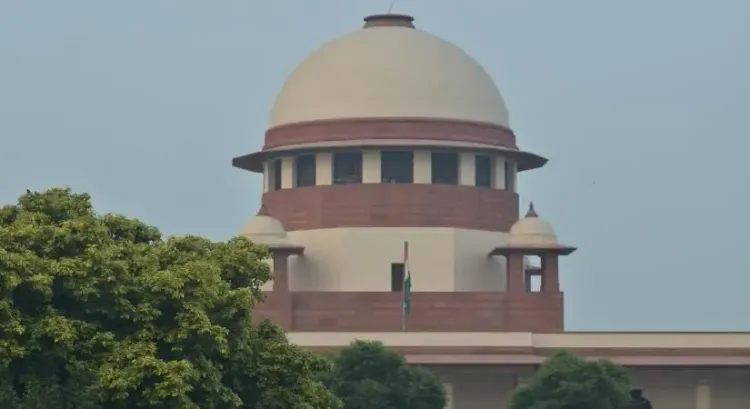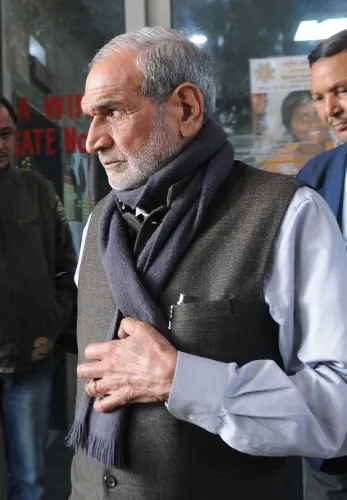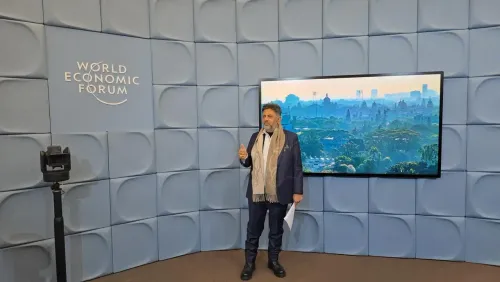Can the NGT Delegate Its Adjudicatory Functions to Expert Committees?

Synopsis
Key Takeaways
- The NGT's adjudicatory functions are non-delegable.
- Expert committees can assist but cannot decide.
- Natural justice and fair procedures are paramount.
- Statutory procedures must be strictly followed.
- Judicial authority must be preserved in environmental matters.
New Delhi, Sep 2 (NationPress) The Supreme Court has emphasized that the National Green Tribunal (NGT) cannot transfer its adjudicatory responsibilities to committees, even if those are comprised of experts.
"The adjudicatory roles of the NGT are not to be delegated to any committees, including expert committees. The decisions must originate from the NGT itself," remarked a bench led by Justices Manoj Misra and Ujjal Bhuyan in a recent ruling.
The tribunal has been established as a specialized adjudicatory authority under the law, and thus, "the execution of its functions cannot be sidestepped by assigning duties to committees that are rightly within the NGT’s scope," the court further clarified.
The bench was addressing a petition from a sugar manufacturing firm located in Muzaffarnagar, Uttar Pradesh, which contested an NGT ruling that imposed an environmental fine of Rs 18 crore.
The green tribunal’s decision was based on an extensive inspection report provided by a joint committee that included the Central Pollution Control Board (CPCB), Uttar Pradesh Pollution Control Board (UPPCB), and the District Magistrate of Muzaffarnagar.
In its ruling, the apex court stated that the NGT had "relinquished its jurisdiction by assigning judicial roles to an administrative expert committee."
While recognizing the value of expert bodies, the bench led by Justice Misra noted that their involvement should be limited to supporting the NGT.
"An expert committee may assist the NGT, for instance, by conducting fact-finding missions, but the adjudication must be handled by the NGT," it asserted.
Furthermore, the court stated that as a judicial entity, the green tribunal is obligated to follow statutory processes and principles of natural justice while performing its duties.
"The NGT carries out judicial functions. Therefore, it is crucial for the NGT to comply with a fair procedure defined by law, which includes fundamental principles of natural justice," the bench stated.
It further clarified that the flexibility provided under Section 19(1) of the National Green Tribunal Act, 2010, applies solely to the procedures employed by the tribunal and cannot be used to disregard mandatory provisions found in other laws.
"The NGT cannot forgo the established statutory procedures outlined in Sections 21 and 22 of the Water Act and base its decisions on recommendations from an administrative committee. This falls outside the NGT's authority," the Supreme Court concluded.
Ultimately, the Justice Misra-led bench annulled the contested NGT decision, citing breaches of natural justice and procedural errors, particularly noting that the petitioner company had not been granted the chance to respond or engage in the proceedings.
In December of the previous year, a bench comprising then Justice B.R. Gavai and Justice K.V. Viswanathan highlighted that the green tribunal must reach its decisions after thoroughly considering the facts and circumstances of each case and cannot solely rely on expert committee reports. They criticized the NGT’s approach of making decisions without involving affected parties and relying on outsourced expert opinions.










